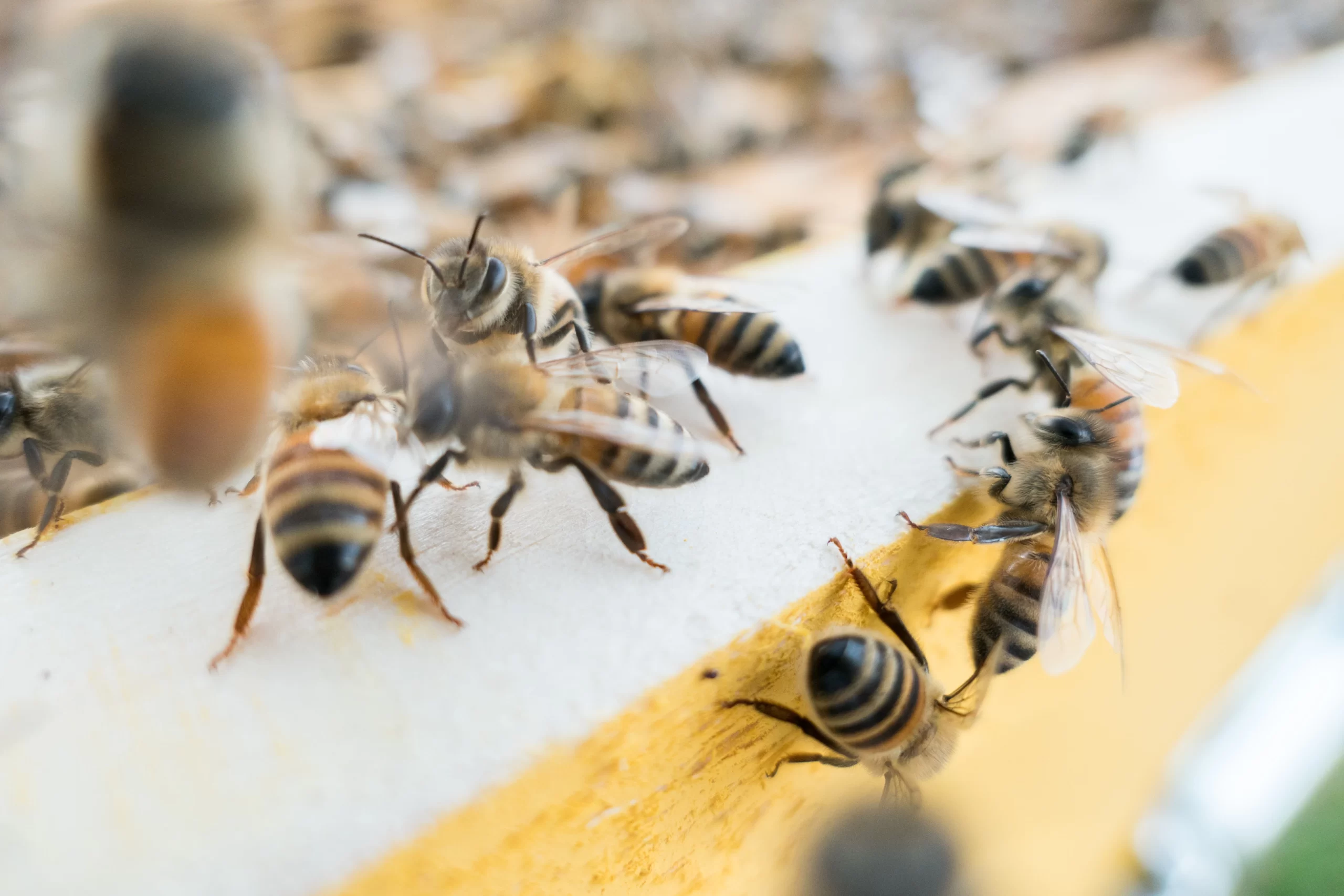The Antibiotic Resistance Crisis: Investigating Honey’s Healing Properties
In a world where antibiotic-resistant infections are on the rise, scientists from Cardiff University are turning to nature in their search for alternative antimicrobial drugs. The global threat of antibiotic resistance led to over 1.2 million deaths in 2019, according to a medical journal [^1^]. With bacteria evolving and becoming resistant to almost all antibiotics, the need for new solutions is urgent [^2^]. Cardiff University is exploring honey’s antibiotic properties as a potential remedy, hoping to learn from the wisdom of our ancestors [^3^].
Honey’s Therapeutic Properties
Honey has been used for centuries as a natural remedy for various illnesses and wound treatment [^4^]. According to Cardiff University, honey possesses therapeutic properties due to several factors, including its high sugar content, low pH, hydrogen peroxide, bee-derived peptides, and antimicrobial phytochemicals [^5^]. These antimicrobial phytochemicals make honey a valuable resource for developing drugs to treat microbial infections [^6^].
Using Honey as a Drug Discovery Tool
Scientists at Cardiff University are utilizing honey as a “drug discovery tool” to search for antimicrobial compounds. Their method involves observing bees’ behavior to identify plants that may contain antibiotics. By collecting nectar and pollen samples from various plant sources, the researchers can analyze the compounds and investigate their potential antibacterial properties [^7^].
The Potential of Manuka Honey
One specific type of honey that the scientists at Cardiff University are studying is Manuka honey, which originates from New Zealand. Manuka honey is produced when bees feed on the nectar of the Manuka bush (Leptospermum scoparium), a plant known to produce a powerful antibacterial compound [^8^]. This honey has been widely recognized for its therapeutic benefits and is often used in natural remedies and skincare products [^9^]. By studying Manuka honey, the researchers hope to gain insights into its unique antibacterial properties.
Exploring the Power of Dandelions
Apart from Manuka honey, the scientists also pay close attention to another plant source: dandelions. Dandelions possess compounds that have the potential to kill bacteria and viruses [^10^]. By analyzing the compounds within dandelions, the researchers at Cardiff University aim to identify new sources of antimicrobial drugs.
The Future of Antibiotic Research
The research being conducted at Cardiff University offers hope in the fight against antibiotic resistance. By delving into nature’s healing properties, scientists hope to discover new antimicrobial compounds that can combat infectious diseases caused by resistant bacteria. The use of honey as a drug discovery tool, along with the analysis of plants like Manuka honey and dandelions, opens up possibilities for alternative treatments and therapies [^11^].
In conclusion, the antibiotic resistance crisis necessitates exploring new avenues for finding effective antimicrobial drugs. Cardiff University’s research into honey’s antibiotic properties sheds light on the potential healing abilities of natural remedies. By harnessing the power of honey and studying its components, scientists hope to discover novel treatments to combat antibiotic-resistant infections.
References:
[^1^]: https://aboutmanukahoney.com/article1
[^2^]: https://aboutmanukahoney.com/article2
[^3^]: https://aboutmanukahoney.com/article3
[^4^]: https://aboutmanukahoney.com/article4
[^5^]: https://aboutmanukahoney.com/article5
[^6^]: https://aboutmanukahoney.com/article6
[^7^]: https://aboutmanukahoney.com/article7
[^8^]: https://aboutmanukahoney.com/article8
[^9^]: https://aboutmanukahoney.com/article9
[^10^]: https://aboutmanukahoney.com/article10
[^11^]: https://aboutmanukahoney.com/article11

Leave a Reply